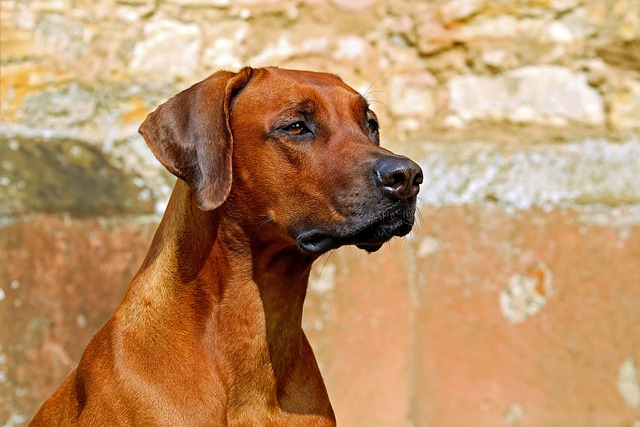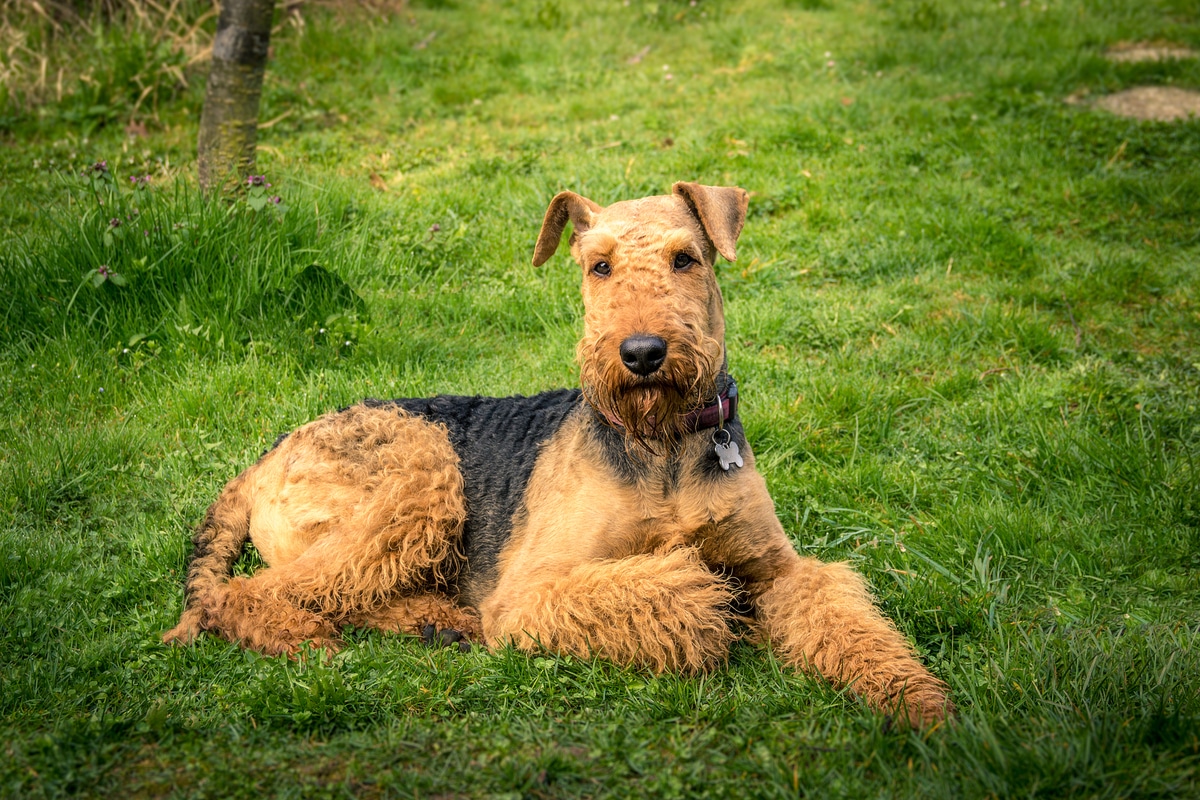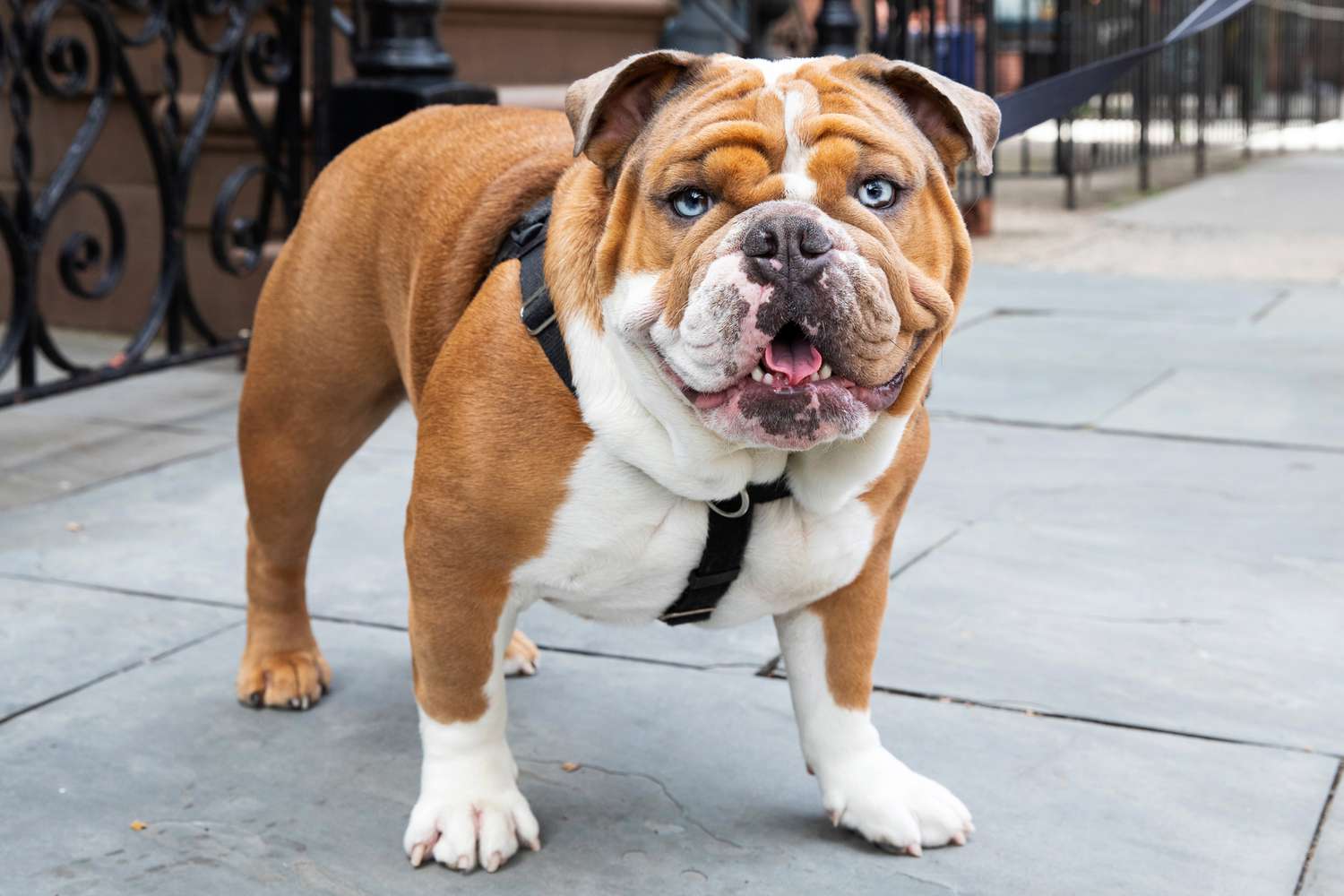
This is the place to go if you're interested in adopting a small breed dog. You can read on to learn more about French Bulldogs. Bichon Frises, and Cocker Spaniels. Each breed is different and each requires different amounts of exercise and grooming.
Cocker Spaniels
A small breed dog, Cocker Spaniels are a great addition to your family, but you do need to be prepared for some potential challenges. They are not hypoallergenic and tend to shed a great deal of hair. For people who suffer from allergies, this may be a problem.
There are many diseases that could affect the eyes of your Cocker. Blindness may be caused by progressive retinal loss, which is a condition where the cells in the retina gradually become damaged. Glaucoma, where pressure builds up within the eyes, is another condition that can affect Cockers. These conditions can be managed with several options. If your dog is experiencing any of the above symptoms, your vet can recommend a treatment.
Mini American Shepherds
Mini American Shepherds can be small dogs that have a thick double coat. This double-coated dog sheds a lot. They need to be brushed daily to keep their coats looking clean. You should also bathe them about once a month. They should also have regular ear examinations.

American miniature shepherds are known for being intelligent, athletic, and kind. They have medium-length coats with a merle pattern and are similar to Australian shepherds. Their coats are double-coated and have dense undercoats. They also have short hair. They also have mild feathering on their legs.
Bichon Frise
Bichon Frises are a small breed which is easy to care for and is low in shed. This small breed should be treated as an important member of the household. Bichon Frises are not suitable for families with children. They are known to be sensitive to noise and will not tolerate it.
Bichon Frises are highly social and intelligent dogs. It is very affectionate and thrives with lots of attention. These small dogs can be adapted for apartment living and novice dog owners. They are playful and need plenty of exercise. They are affectionate, gentle and intelligent and respond well to human attention.
French Bulldog
French Bulldogs are a small breed of dog which originated in France. They can be used as a companion dog or toy dog. The French Bulldog emerged in the mid-19th Century from crossbreeding Toy Bulldogs from England with local Parisian Ratters.
French Bulldogs have a short coat that sheds frequently. They have a moderate grooming requirement and only need to be bathed every four to six weeks. The French Bulldog breed is usually between 11 and 13 pounds and has a life expectancy of nine to eleven.
Chihuahua

Chihuahua is an extremely small breed of dog which originated in Mexico. Named after Chihuahua in Mexico, the Chihuahua is one of most small dogs on the planet. They are often kept for companionship and show.
Chihuahuas love their owners and are affectionate, lively dogs. They are playful, independent, brave, proud, and adventurous and they love to snuggle. However, they can be stubborn and strong-willed without proper leadership.
Beagle
The Beagle is a great choice for indoor small dogs, because it is very low-maintenance. This small breed sheds quite a bit, but it doesn't require frequent trips to the groomer or a bath. The dog's coat should be brushed at least twice per week. Your dog will need to have its ears and nails trimmed regularly. While most beagles don't require annual wellness visits, some dogs may require more frequent grooming.
The Beagle's unique body structure can result in some health problems, including a tendency to gain weight. Hip dysplasia can be a problem for dogs with this type of body. This is a form of joint disease where the socket and the joint grow at different rates.
FAQ
What should I do if my pet dog bites someone?
You should first check that the animal you are being attacked is not rabid. If that is not possible, get help. Do not try to resolve the situation on your own, as you may be seriously injured.
If the animal bites, but is not aggressive then you can take it to a vet clinic. Your vet will examine the animal and decide if any additional treatment is required.
In most cases, rabies shots are required. These should never be administered yourself. Only a qualified person should be able to do this.
How much should I spend to get a pet?
The best rule of thumb is to budget $200-$300 each month.
This will vary depending on where you live. For example, in New York City, you'd probably spend about $350 per month.
In rural areas, however you may only need $100 per calendar month.
You should remember to buy high-quality items like collars, leashes, toys, and the like.
It is worth considering purchasing a crate to protect your pet. This will keep him safe during transport.
Which of the two is more difficult to train: dogs or cats?
Both. It depends on how you approach training them.
If you give them treats for doing what they're supposed to do, they'll learn faster. They'll learn to ignore you if they don't listen.
So, there's no right or wrong answer. You have to decide what the best way is to teach your cat/dog.
Is it a good idea to spay/neuter your dog?
Yes! Spaying and neutering your dog is very important.
It reduces the number of unwanted dogs in the world and also lowers the chance of developing certain diseases.
For example, breast cancer rates in female dogs are higher than in males.
The risk of testicular tumors is higher in males and females.
The spaying or neutering of your pet can also help to prevent her from having babies.
What kind of food should my dog eat?
It is important to give your dog a healthy diet.
Protein-rich foods include beef, chicken, eggs, fish, and dairy products.
Other foods high-carbohydrate include fruits, vegetables (including bread), cereals, pasta, potatoes, rice, and beans.
Foods low in fat include lean meats such as poultry, fish, eggs, nuts, seeds and whole grains.
Before giving your dog any new foods, consult your veterinarian.
What are some things to consider before purchasing an exotic pet
There are several things to consider before you buy an exotic pet. First, decide if you intend to keep the pet as a pet or sell it. If you want to keep it as an animal pet, you need to ensure that there is enough space. Also, you need to determine how much time and effort it will take. Although it takes time to care and love an animal, it is well worth the effort.
If you are looking to sell your animal, you will need to find someone willing to buy it. You must ensure that the person purchasing your animal knows all about taking care of them. Don't give your animal too much food. This could lead to other health issues later.
If you choose to get an exotic pet, then you need to make sure that you research all aspects of them. Numerous websites offer information on different types of pets. You should be careful not to fall for any scams.
Statistics
- It is estimated that the average cost per year of owning a cat or dog is about $1,000. (sspca.org)
- Reimbursement rates vary by insurer, but common rates range from 60% to 100% of your veterinary bill. (usnews.com)
- Monthly costs are for a one-year-old female mixed-breed dog and an under one-year-old male domestic shorthair cat, respectively, in excellent health residing in Texas, with a $500 annual deductible, $5,000 annual benefit limit, and 90% reimbursement rate. (usnews.com)
- Here's a sobering reality: when you add up vaccinations, health exams, heartworm medications, litter, collars and leashes, food, and grooming, you can expect a bill of at least $1,000 a year, according to SSPCA. (bustle.com)
- Pet insurance helps pay for your pet's medical care, with many policies covering up to 90 percent of your vet bills. (money.com)
External Links
How To
How to choose the best name for your pet
When you are considering adopting a pet into your family, it is one the most crucial decisions you will make. It is important to choose a name that best reflects the person and personality of your pet.
It is important to consider how other people might refer to you - for instance, if they are going to be called by their name in conversation. Finally, think about how you'd like to be referred. Are you more comfortable calling yourself "dog" or your "pet"?
Here are some tips to help you get started:
-
Name your dog a name that reflects its breed. Look up the names of the breeds if you know the breed (e.g. Labradoodle). Or ask someone who knows dogs well to suggest a name based on the breed.
-
The meaning behind the name is important. Some breeds are named after people and places while others are simply nicknames. The name "Rover," for example, was given to a Labrador Retriever because he was always running around!
-
Consider what you would like to be called. Do you prefer "dog" to "pet?" Would you prefer to refer to your dog as "Puppy," or "Buddy",?
-
Don't forget to include the owner's first name. It's sensible to give your dog an owner's name. But, don't limit yourself by limiting your family's names. Your dog could grow up to become a member of your family.
-
Keep in mind, many pets have multiple nicknames. A cat may have many names, depending on where she is located. You might call her "Kitty Cat" home, but she might be "Molly" on the road with her friends. This is especially true when cats live outdoors. They often adopt their names to fit their environment.
-
Be creative There are no rules that say you have to follow a certain naming convention. Just make sure that you choose something unique and memorable.
-
Make sure that your chosen name doesn't already belong to another person or group. This will ensure that you don't accidentally steal another's identity.
-
It is not easy to choose a name for your pet. Sometimes it takes time before you can determine if the name is right. Keep at it until you find the right match.